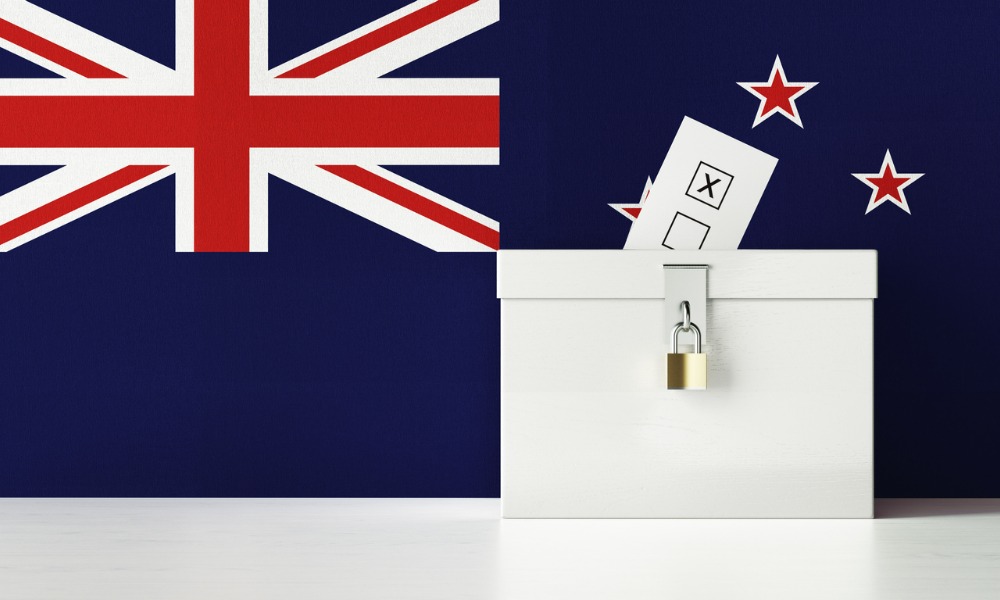
The review will accompany "targeted changes" ahead of the 2023 general election

Justice Minister Kris Faafoi has announced the new members of an independent panel who will lead a review of New Zealand’s electoral laws.
The panel will be chaired by lawyer and government relations specialist Deborah Hart, who currently serves as the chair of the Consumer Advocacy Council and the Holocaust Centre of New Zealand.
Hart has been a panel member of the Human Rights Review Tribunal since 2013. She previously served as a member of the Expert Reference Group tasked to support the independent panel examining the 2014 family justice reforms. She also undertook the independent review of the Banking Ombudsman.
Hart will be joined by five other panel members, including:
Bargh has been appointed as the panel deputy chair. She is an associate professor at Victoria University in Wellington and the former head of Te Kawa a Māui – School of Māori Studies.
She currently sits on several academic editorial boards, including the Policy Quarterly Journal − a peer-reviewed academic journal that publishes papers in the field of criminology. Her research focuses on Māori politics and representation and the NZ electoral system.
Geddis is a professor at the University of Otago. He is a highly regarded commentator on public and electoral law and has written a much-cited textbook on electoral laws. He was previously a member of the Legislation Design and Advisory Committee.
Greaves is a political scientist at the University of Auckland, specialising in NZ and Māori politics. She also has extensive expertise in the NZ electoral system and wider constitutional context, including Te Tiriti o Waitangi.
Mander is the co-president and founder of the National Disabled Students' Association. She is also a law student and has won numerous academic awards, including the NZ Law Review Prize and the Chris Highfield Memorial Prize in Public Law.
Peden is a former CEO and chief executive of the Electoral Commission. In this role, he oversaw three general elections, four referendums, and numerous by-elections. He also has significant experience providing advice to ministers on public, constitutional, and electoral laws.
“I am confident that the panel members have the right mix of skills, expertise, and diverse perspectives to lead this important mahi,” Faafoi said.
Appointed by an independent group of experts, the panel members aim to make election rules “clearer and fairer” in order to build more trust in the electoral system and encourage people to exercise their democratic right to vote.
According to Faafoi, the 18-month review will accompany “targeted changes” ahead of the general election in 2023. In particular, the panel will look at the issue of voting age amid calls to lower it to 16, as well as consider the funding of political parties, the length of the parliamentary term, changes to the party vote threshold and the one-seat electorate rule.
“We do have a world-class electoral system,” Faafoi said. “But we need to make sure the rules remain fit for purpose and meet the needs of our future voters.”